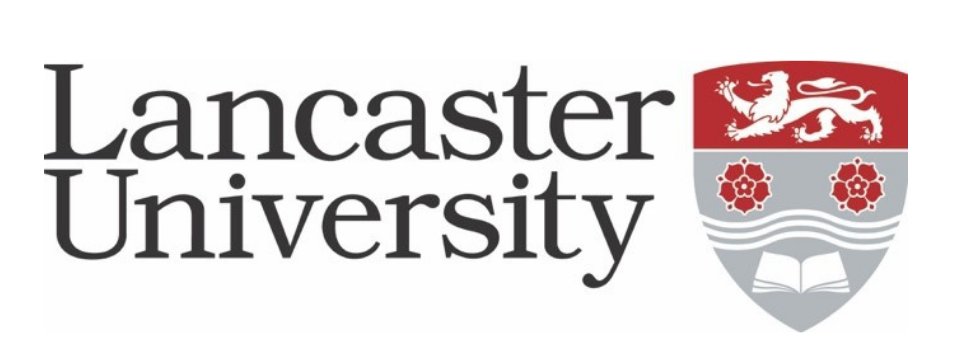EnerHy, the Centre for Doctoral Training (CDT) in Engineering Hydrogen Net Zero, will play a central role in developing the skilled workforce needed to enable rapid growth in green hydrogen-related technology.
The centre is 1 of 65 Engineering and Physical Sciences Research Council (EPSRC) CDTs being launched, following a £1 billion funding boost.
The investment, which is the UK’s biggest-ever in engineering and physical sciences doctoral skills, was announced yesterday by Science, Innovation and Technology Secretary, Michelle Donelan. UK Research and Innovation (UKRI) and the Ministry of Defence are investing £500 million and a further £590 million is being provided by universities and business partners.
Collectively, the centres will train more than 4,000 students and address key challenges such as net zero, AI, defence and security, healthcare and quantum technologies.
Loughborough’s EnerHy CDT has been developed in partnership with Cranfield University and the University of Strathclyde, as well as more than 60 industry and civic partners, including global organisations, regional developers and local councils.
Over 60 academics, with expertise in engineering, science, manufacturing and economics, will work together to train and support the future leaders of the hydrogen industry, whilst also delivering nationally important research and innovation. The University of Strathclyde will lead the wind energy training and research and Cranfield University will lead on elements relating to chemical processes and scale up, alternative fuels and social science.
Professor Dani Strickland, Professor of Electrical Power Engineering within Loughborough University’s School of Mechanical, Electrical and Manufacturing Engineering, and lead academic for the EnerHy CDT, commented:
“To enable rapid growth in hydrogen-related technology for net zero, there are complex global challenges around affordability, supply and waste chain development and scalability, new technologies, and social acceptance.
“EnerHy CDT builds on the research that is already happening at Loughborough, Cranfield and Strathclyde to address these challenges. Together with our large network of external partners, we will expand the work we are doing much further and faster, whilst also nurturing the next generation of hydrogen innovators, researchers, specialists and industry experts.
“We welcome new researchers from all backgrounds, including STEM, business and social sciences and will be offering fully funded studentships to successful applicants.”


































